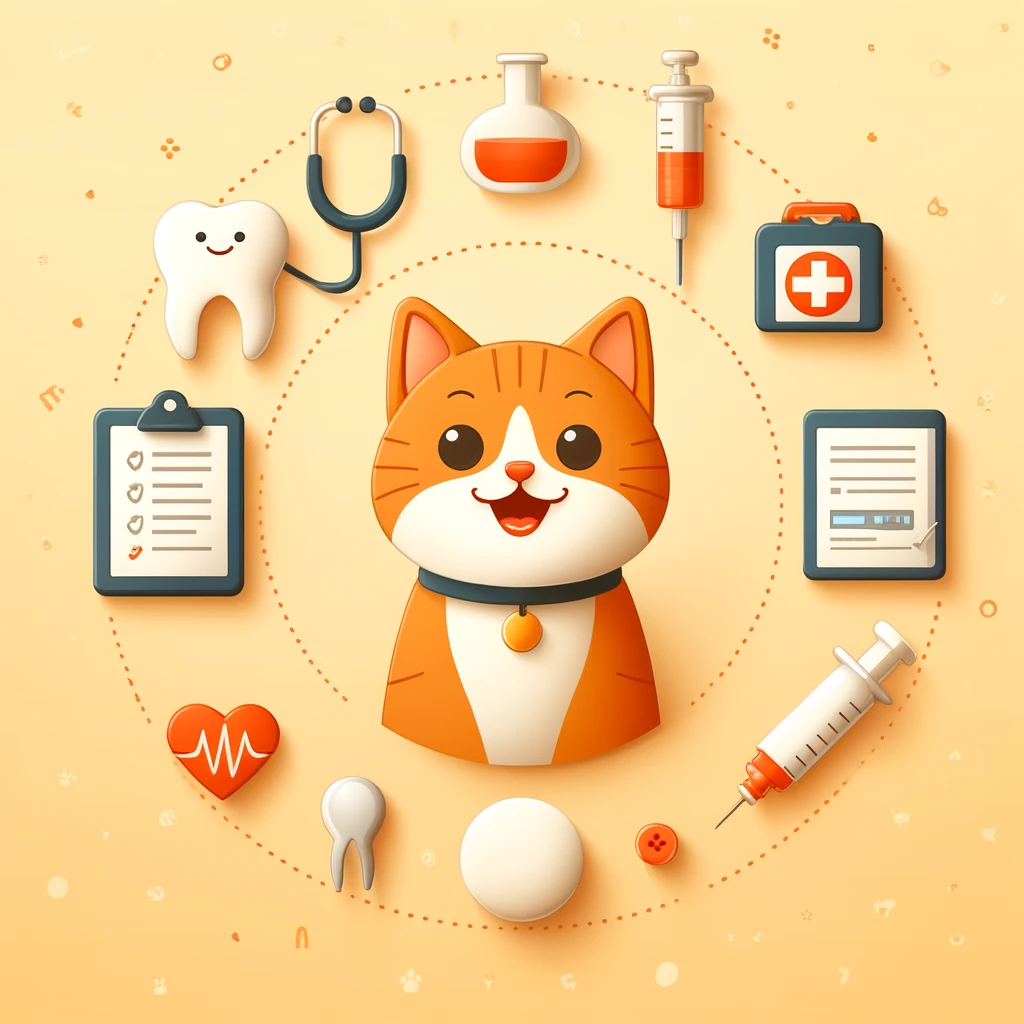
Cat insurance can be a lifesaver when it comes to managing veterinary expenses, but understanding what it covers is crucial for choosing the right plan. From dental coverage to pre-existing conditions, this guide explains the key features and benefits of cat insurance.
Key Features of Cat Insurance
1. Standard Coverage
- Accidents: Covers injuries from accidents like falls or car collisions.
- Illnesses: Includes treatments for common and chronic conditions like diabetes, kidney disease, and cancer.
- Diagnostics: Pays for tests like X-rays, bloodwork, and ultrasounds.
2. Optional Add-Ons
- Dental Coverage: Some policies cover dental treatments, such as extractions and gum disease treatment, while others offer it as an add-on.
- Vaccinations: Coverage for routine vaccines and preventative care.
- Alternative Therapies: Includes acupuncture or physiotherapy for recovery.
3. Special Features
- No Waiting Period Policies: Immediate coverage options for accidents or emergencies.
- Direct Pay to Vets: Some insurers directly pay the clinic, reducing upfront costs for the pet owner.
- Pre-Existing Conditions Coverage: A few insurers now offer partial or limited coverage for pre-existing conditions, though this is rare.
Benefits of Cat Insurance
- Financial Protection
- High veterinary costs can arise unexpectedly. Insurance helps offset these expenses, ensuring your cat receives necessary care.
- Peace of Mind
- Knowing your pet is covered allows you to focus on their health rather than the cost.
- Customizable Plans
- Add-ons like dental or vaccination coverage let you tailor policies to your cat’s specific needs.
Examples of Coverage
Dental Coverage:
- Includes: Routine cleanings, extractions, gum disease treatment.
- Does Not Include: Cosmetic procedures like teeth whitening.
Pre-Existing Conditions:
- Some policies cover pre-existing conditions after a defined waiting period or for a higher premium.
Vaccinations:
- Wellness plans often cover core vaccines such as rabies, feline distemper, and leukemia.
What to Look for in a Cat Insurance Policy
- No Waiting Periods: Ideal for immediate protection in emergencies.
- Comprehensive Plans: Policies including dental and vaccinations provide broader coverage.
- Direct Pay: Look for insurers that pay veterinarians directly, reducing your financial burden.
- Flexible Deductibles: Choose a deductible that balances affordability and coverage.
- Coverage for Older Cats: Some policies cater to senior pets, who often need more medical care.
Conclusion
Cat insurance can cover a wide range of treatments and preventative care, depending on the policy. By understanding what features are available—like dental coverage, direct pay options, and coverage for pre-existing conditions—you can select a plan that provides the best protection for your feline friend.